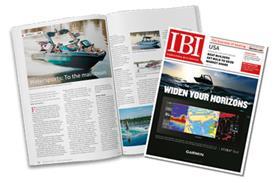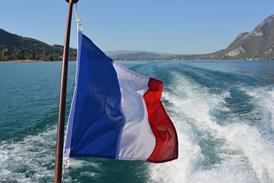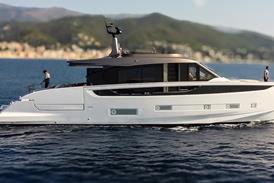Subscribe to IBI Plus
SUBSCRIBE Just £1 a week
Subscribe today for just £1 and enjoy unlimited access to
every article and story at ibinews.com and in the daily newsletter
With IBI Plus, you’ll enjoy:
- +Unrestricted access to all subscriber-only content
- +Explore 50,000+ archived articles and stories
- +Tap into 50+ years of global boating insight
- +Access exclusive market and company data to find out where your business stands
- +Read sector and country reports across established and emerging markets
There’s no commitment, you can cancel any time.
Already a subscriber? Log in










 LinkedIn
LinkedIn X / Twitter
X / Twitter Facebook
Facebook Email us
Email us




